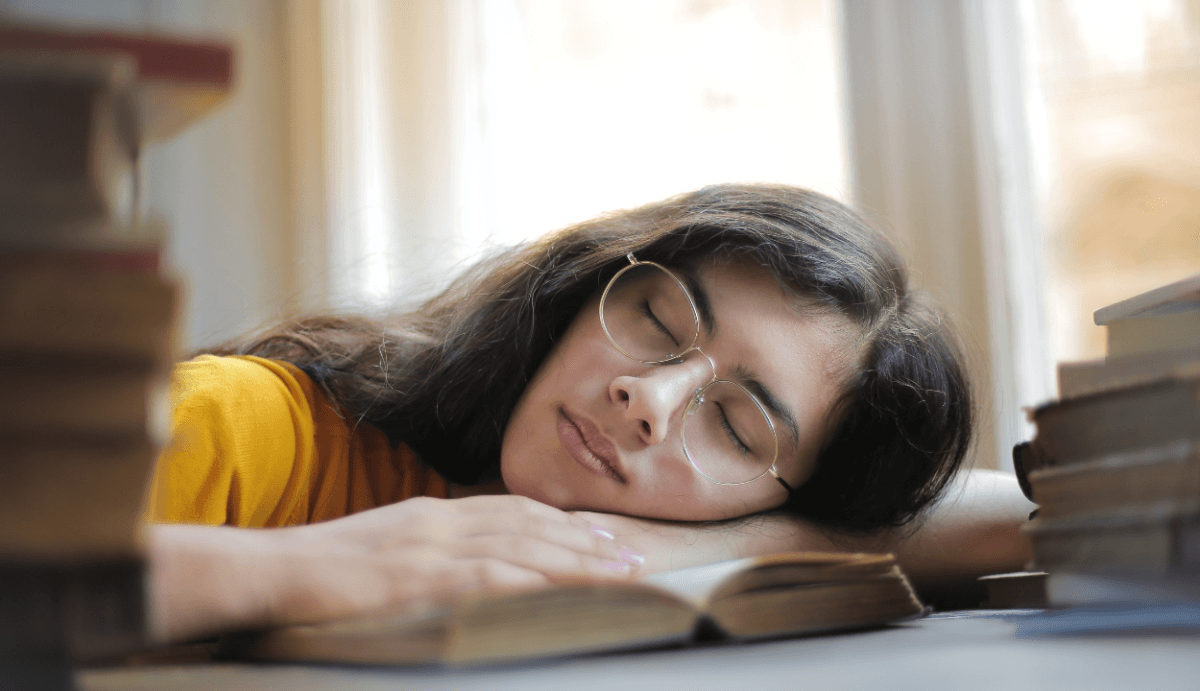Your Cart is Empty
FREE SHIPPING ON ALL ORDERS $75+
CBD can do lots of great things but its benefits are sometimes confusing to navigate. For instance, reports suggest that it may improve daytime focus, while others suggest that it may help to manage insomnia at night.
Those are, of course, two very different benefits, which leads many people to wonder—Does CBD oil make you sleepy? And most importantly, can you take CBD oil during the day, or is it a supplement better suited for night time use?
All good questions. Let’s find out:
Table of Contents
How Does CBD Have So Many Different Benefits?
It’s true, CBD may have benefits for daytime use and nighttime use. It’s benefits range from promoting energy and focus, to managing physical discomforts, to relieving stress, and even promoting better sleep.
How is that possible?
Well, there are two things to address here: CBD’s regulatory function within the Endocannabinoid System, and it’s biphasic reaction.
We’ll unpack both below to help you better understand CBD’s ability (or lack thereof) to make you sleepy:
CBD interacts with the body through the Endocannabinoid System, a system of neurotransmitters (called endocannabinoids) and neuroreceptor sites that spans through the entire body. The Endocannabinoid System regulates various bodily functions—things like mood, energy, pain signalling, body temperature, and, of course, sleep cycles.
CBD interacts indirectly on these neuroreceptor sites (as opposed to binding directly to them), which changes the way that endocannabinoids can interact with them. For this reason, CBD can have a wide range of effects inside the body. The way that CBD affects you depends on things like your unique endocannabinoid balance and the amount of CBD you take.
To learn more about the benefits CBD may offer and how the Endocannabinoid System works, read “What is CBD?”
As we mentioned, the amount of CBD you take directly impacts the effects you will experience. Unlike many substances, however, a higher dosage doesn’t necessarily mean stronger effects. CBD is biphasic, which means it can produce totally different effects after a certain dosing threshold. In some cases, research suggests that larger doses of CBD may even be less effective than smaller doses.
The easiest way to explain this is by looking at another common biphasic substance: alcohol. When you consume alcohol in smaller amounts, like having a couple of drinks on a night out, it may make you feel lively and energized. After a certain dosing threshold, however, you may feel slow or tired (and maybe even a little sick).
That’s because alcohol is biphasic. In small amounts, it has stimulating effects. In larger amounts, it acts as more of a sedative.
CBD has similar effects, which is why it may be useful both for promoting energy and focus during the day and for getting more rest at night.

Now that you understand the basics of CBD’s biphasic properties, it’s easy to understand why CBD has so many different effects. It’s also easy to see why many people are asking whether CBD makes you sleepy, or why some people may experience tiredness after taking CBD.
The truth is, the effects you experience from CBD are dose dependent, and the dosage you need will be entirely unique to you because of the unique balance of your Endocannabinoid System.
When taking CBD for focus, energy, or other daytime uses, you may try smaller doses of CBD. A good starting point for many people is 25 mg, but you can start lower and adjust your dose as needed.
When taking CBD for sleep, you may need a larger dose.
Alternatively, many people prefer to use targeted cannabinoid formulations that are designed to support sleep. Other cannabinoids, like CBN, may have sleep-enhancing benefits of their own. When paired with CBD, the two may potentiate each other's effects, a phenomenon known as the “ensemble effect.”
Our CBD + CBN Dream Collection is specifically designed to support healthy sleep cycles and promote restoration overnight. Each Dream Gummy dose offers a standard 25 mg dose of CBD alongside a 5 mg dose of CBN (which is much stronger), but the Dream Tincture Oil makes it easy to adjust these doses as needed.
The answer is both yes and no—CBD’s effects are dose dependent. Small to moderate doses of CBD are known to produce a more “uplifting” effect, while larger doses may offer a more relaxing, sleep-enhancing benefit.
Either way, it’s important to note that CBD is not a sedative. If you feel unusually tired or like you can’t stay awake after a CBD dose, something else may be causing it and you should contact your doctor with your concerns.
The way that CBD affects you will be unique to your own needs and dosing routine, so you may need to experiment with different dosages to find out what works best. Some products, like those in our CBN + CBD Dream Collection, are uniquely formulated to help with sleep. To learn more about how to use CBD for sleep, or how to avoid feeling sleepy while taking CBD, read our CBD Dosing article.

Comments will be approved before showing up.



